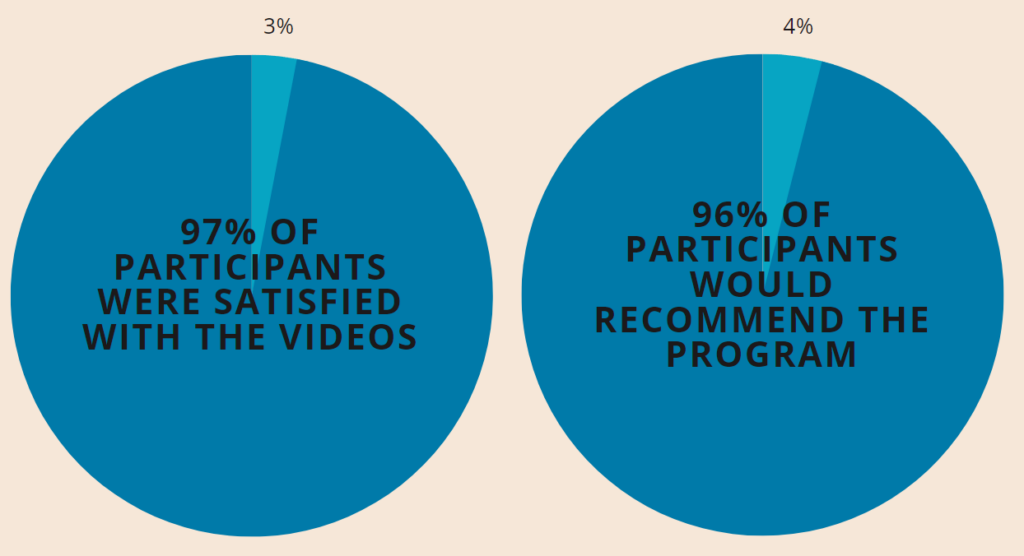Homepage
The Violence Outreach Intervention and Community Education (VOICE) Program in New Jersey was implemented in 2019 to explore risk factors for gun violence and develop teaching modules for healthcare workers and community members. The modules are divided into collaborative or individualized sessions exploring topics such as gun violence, substance use, mental health, intimate partner violence, and self-defense.

The Violence Outreach Intervention and Community Education (VOICE) Program continues to educate and empower healthcare workers and community members with the aim of preventing violence in our community. Through research and statistical data, the VOICE program seeks to further implement informative modules addressing priority topics at the forefront.
-
- Gun violence prevention – Introduction
- Effects of gun violence
- Gun safety planning and crisis management
- Gun violence intervention programs
- Gangs and gun violence exposure
- The role of depression in gun violence
- Substance abuse and drug use
- Intimate partner violence (perpetration and victimization)
- De-escalation
- Mental Health Crisis Intervention
- Self-Defense
-
- Gun violence prevention – Introduction
- Effects of gun violence
- Gun safety planning and crisis management
- Gun violence intervention programs
- Gangs and gun violence exposure
- The role of depression in gun violence
- Substance abuse and drug use
- Intimate partner violence
- De-escalation
- Mental Health Crisis Intervention
- Self-Defense
Timeline
- Created a VOICE Program website to increase accessibility for the local medical community and make our content enduring
- Tailored and implemented a hybrid VOICE Program for UH and NJMS staff
- Engaged in a learning collaboration of community workers and healthcare providers to promote gun violence prevention and intervention
- Tailored and delivered the validated violence prevention curriculum for community and hospital partners
- Used feedback from community stakeholders to develop animated educational videos based on the preliminary study in 2020
- Developed pre- and post-evaluation surveys on Research Data Capture and Management (RedCap) using validated questions from the literature
- Pilot-tested with 110+ respondents including peers and Newark community members
- Identified the major risk factors and consequences of gun violence
- Conducted a literature review on gun violence prevention and intervention
- Recorded virtual educational PowerPoint presentations for various populations
- Pilot-tested with 150+ respondents.
- Used the National Violent Death Reporting System (NVDRS) data to explore risk factors for firearm death
- Developed a collaborative violence prevention program among community and hospital partners